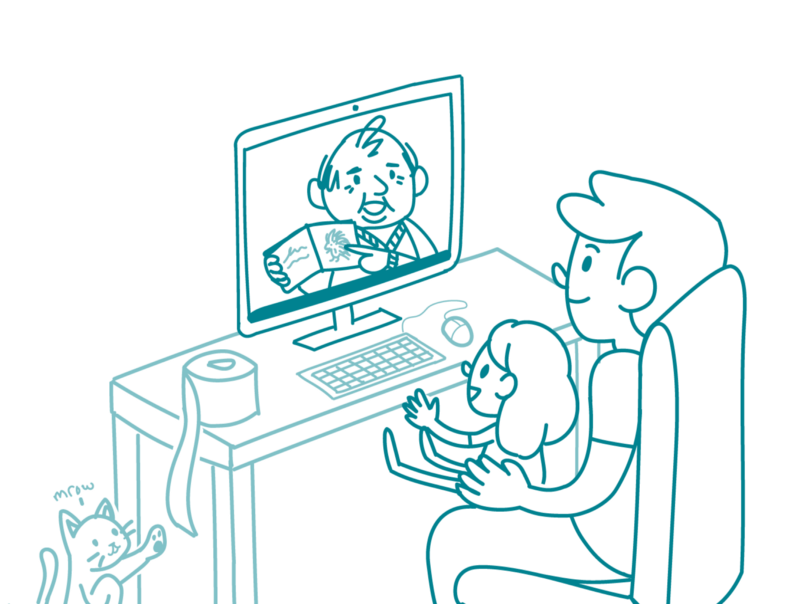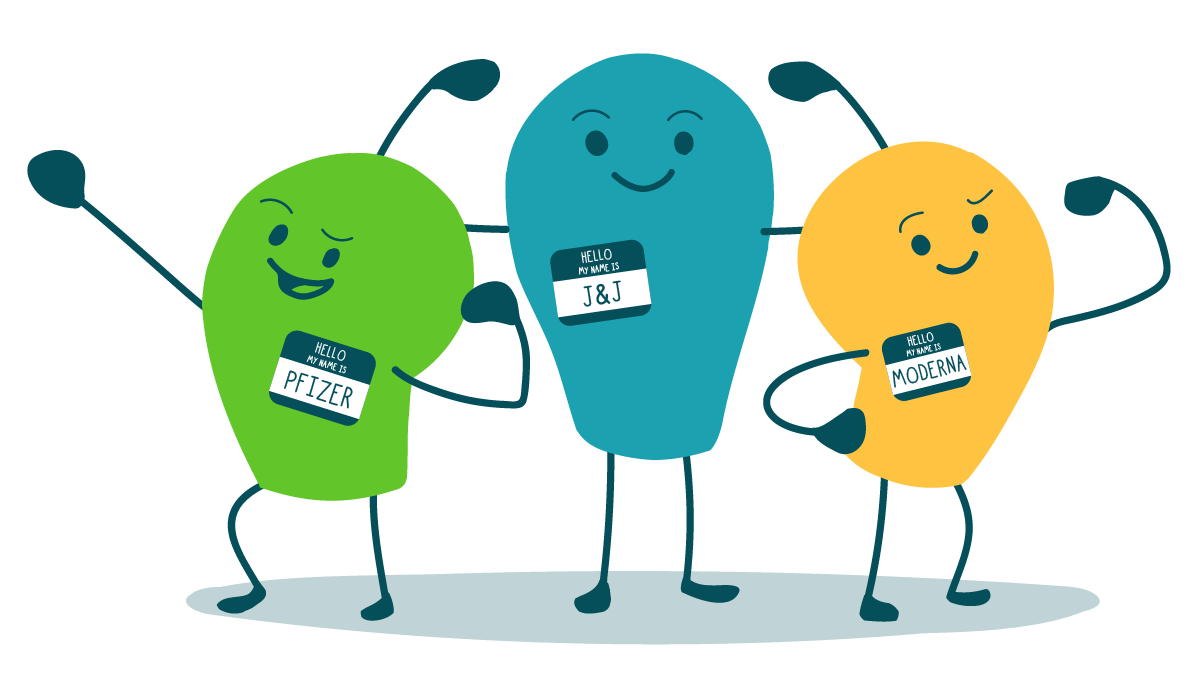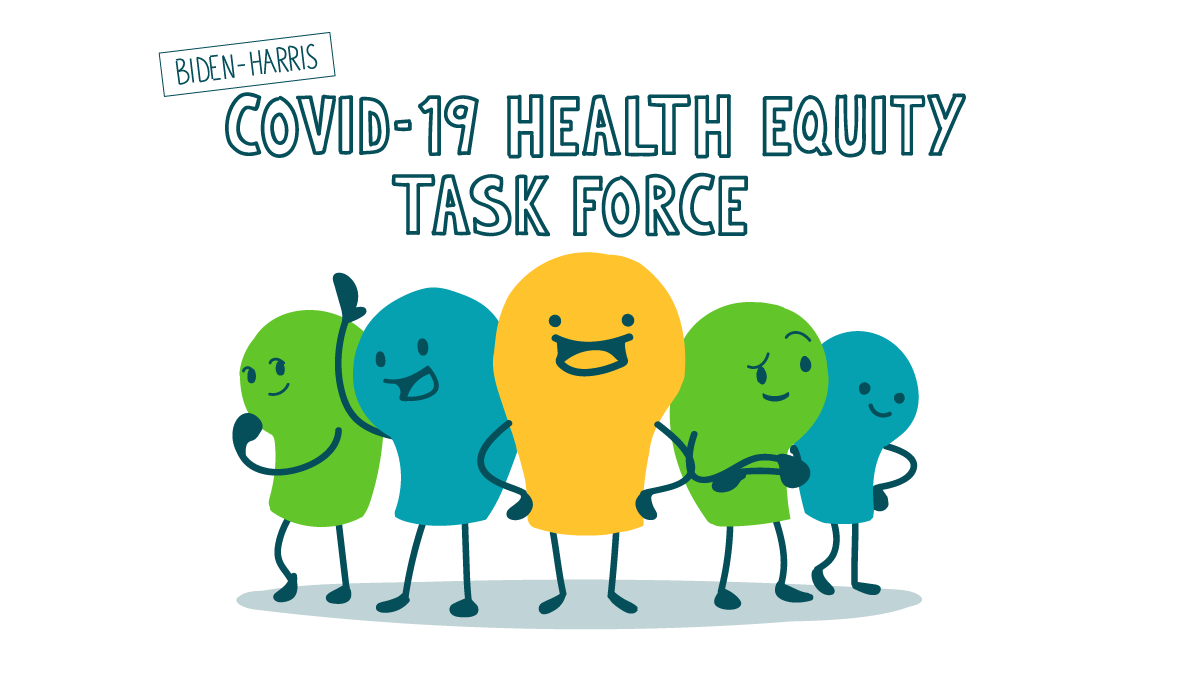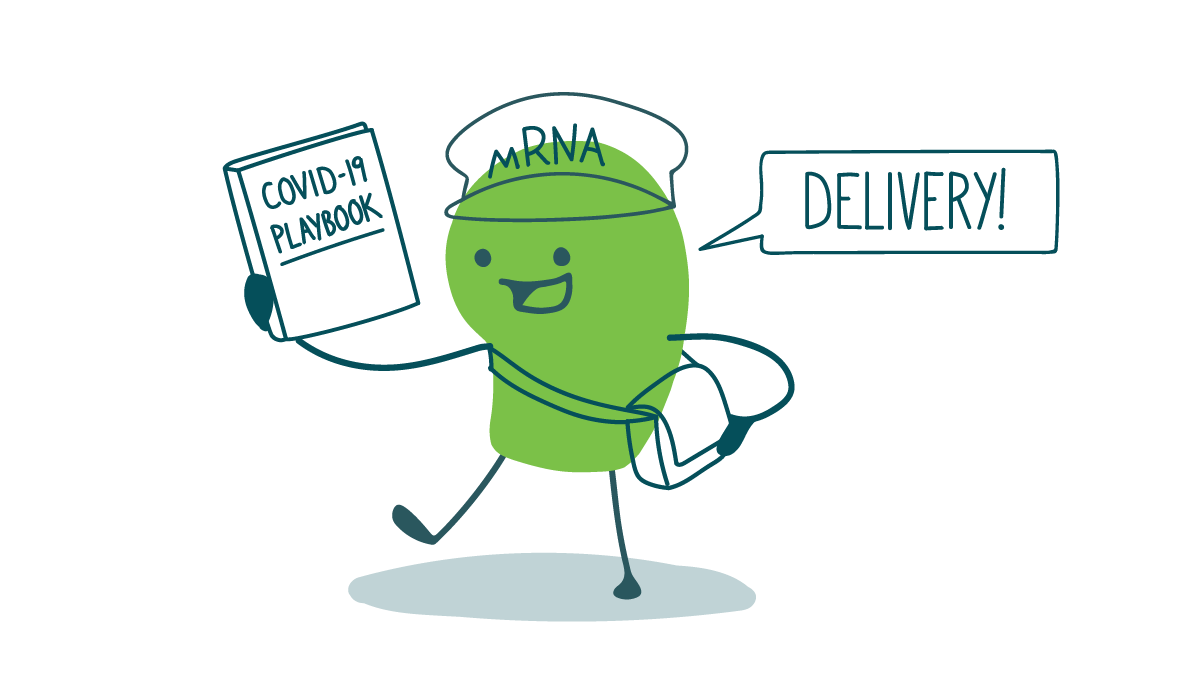
We recently shared some ideas to help you talk to kids about coronavirus. This week, we’re back with tips for reaching a group at higher risk for severe illness from coronavirus: older adults.
People age 65 and older are more likely to develop serious complications from COVID-19, so it’s especially important that they get the information they need to protect themselves. But we also need to keep in mind that older adults who are able to follow public health guidance to stay home — and are missing their usual visits from family and friends — run a serious risk for loneliness and social isolation. And that can come with real health consequences.
So what’s a health communicator to do? How can we help older adults understand their risk and the need for social distancing while also addressing their need for social support?
We’ve got some ideas, dear readers! Use these tips to talk to older adults about coronavirus.
- Be specific about who you’re talking to. Many people age 65 and older don’t think of themselves as “older adults” or “at risk” — especially if they’re active and healthy. That means they may hear your carefully crafted message about “coronavirus and older adults” and think it’s for some old fogey down the street. So be specific about the age range you’re addressing.
- Brainstorm effective communication channels. Many older adults are getting an earful from their adult children about how to stay safe — but parents don’t always take lectures from their kids seriously. So think about other channels that older adults in your community trust. For example, it might make sense to develop a blurb for religious leaders to include in a church bulletin. Or create talking points for local health care providers to drop into email updates. Get creative to reach this audience.
- Normalize social distancing. Older adults may bristle at the suggestion that they’re vulnerable and need extra protection. So don’t be patronizing, and don’t make them feel like charity cases. Instead, normalize social distancing as something we all need to do. Explain that everyone needs to take steps to protect themselves and other people in their community — and that part has nothing to do with age.
- Appeal to their sense of community. You might not ever convince some people that they’re at risk. So talk about how staying home keeps the virus from spreading to other people. If they won’t take steps to protect themselves, they may take those same steps to protect their grandkids, their older neighbor, or the nurses at their local hospital.
- Offer practical information for staying safe and connected. Older adults may be less familiar with services and technology that can make social distancing easier. So connect them to social support in their community, like the local senior center — and spread the word about special grocery shopping hours for older adults. You can also share tips and ideas for how to stay connected with loved ones from afar: Read a book to your grandkids over Zoom! Set up phone check-ins a couple times a week!
- Encourage them to sacrifice themselves for the good of the economy. Just kidding. That would be absurd!
The bottom line: Help older adults get the information they need to stay safe and connected during the coronavirus outbreak.
Browse recent posts


